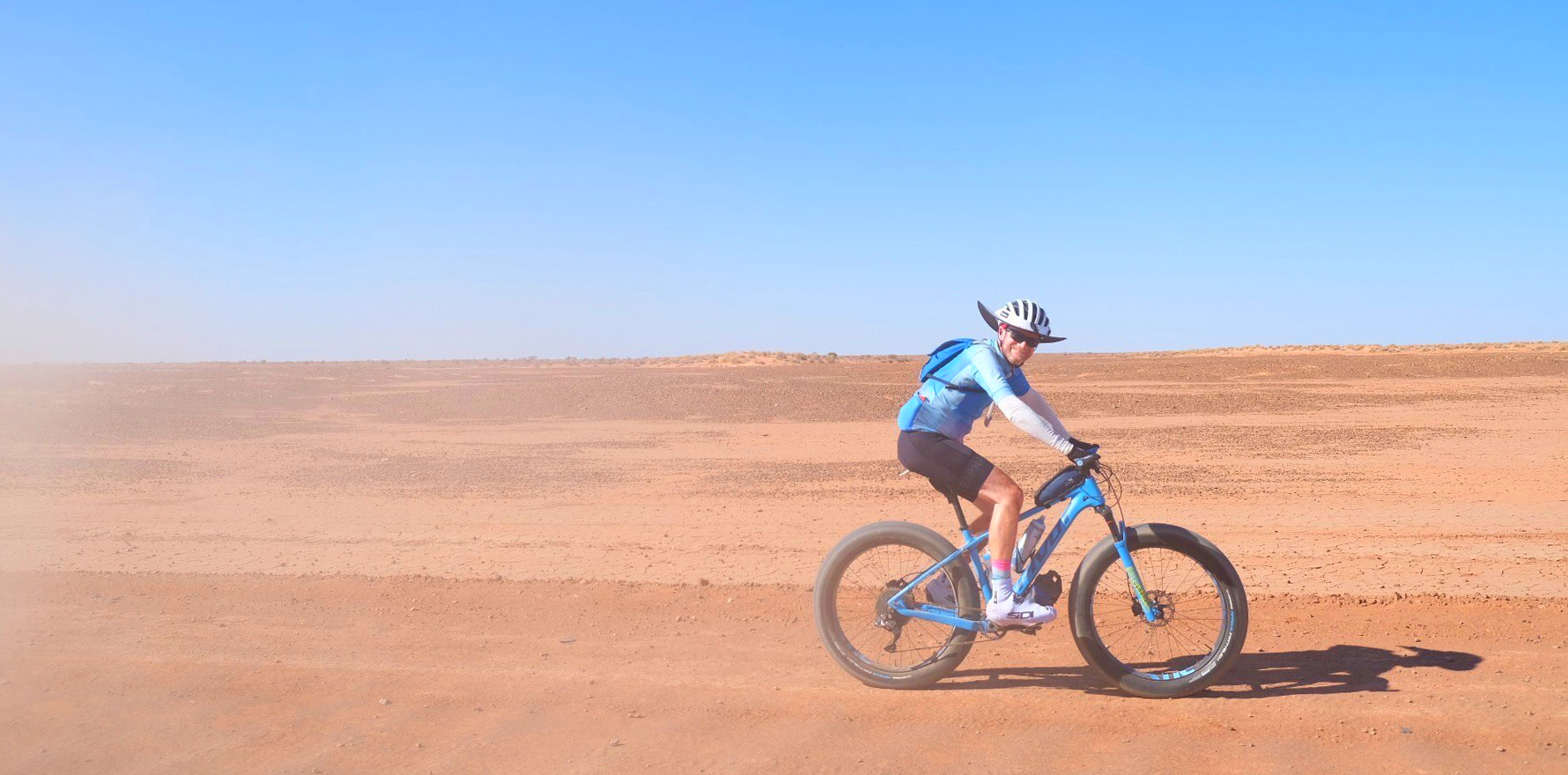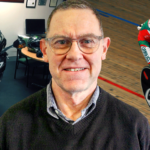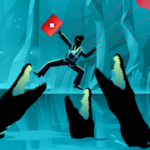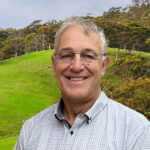Dr Stephen Brady shares his insights into the unique challenges and rewards of rheumatology practice in Alice Springs.
After studying medicine in Newcastle and completing his rheumatology training in Adelaide and Sydney, Dr Stephen Brady was bitten by the bush bug.
He spent several years in Cairns and Mt Isa and has now been in Alice Springs – where he’s the sole rheumatologist for at least 1500km in any direction – for over 20 years.
Here he tells Rheumatology Republic about practice in Alice Springs, the challenges and rewards of outreach, and how he came to be called the Flying Nun – and it’s nothing to do with planes or religion.
What areas of rheumatology do you specialise in?
Well, given that I’m the only rheumatologist here I don’t get to choose to specialise in anything much!
I would say I specialise in the rheumatology of remote Australia. And that includes a lot of Indigenous health. The major rheumatological condition is lupus, and I see a lot of lupus. An area where other rheumatologists might not have as much experience as I do is in acute arthritis, and in particular diagnosing acute rheumatic fever, which is a real challenge.
What are some of the practice challenges that you face working so far from other major centres?
It has always been a challenge to have adequate staffing here, but it’s improving, and overall it’s not bad.
There are some services which we either don’t have or have been a challenge to get. We only got an MRI scanner about five years ago. Prior to that people would have to travel 1500 kilometres to get an MRI. Similarly, access to things such as PET scanning, or a bone scan – that’s 1500-kilometre journey for people. So sometimes you learn to manage without.
Meeting up with colleagues has been a challenge. I’ve been fortunate over the years to have visiting rheumatologists come and do clinics in Alice Springs, and Maureen Rischmueller currently comes up from Adelaide once a month.
I also have a weekly video chat with my colleagues in Darwin. But it’s when I need to chat to someone about a patient, it can take more of an effort than if they’re just down the corridor or around the corner.
You treat people from a very large area and some of them live a great distance from Alice Springs. What sort of issues or challenges does that raise?
Not only do we have patients who come from a very large area, but some of them are also very mobile, some of them don’t have necessarily a permanent residence or place they live, and things are often unsettled. And there’s lots of other challenges in their lives.
So continuity of care can be very challenging. And sometimes people get lost to follow up for significant periods of time.
Sometimes people are unable to easily access services, or choose not to if they need to come in from a remote community to Alice Springs. Often that’s a big challenge logistically, particularly for people who have a family to look after, and they may not be willing to leave. So if they do need to come into town for a test or procedure or a clinic visit, that becomes a real issue, and there can be significant delays.
You would hope that with technology and other things that we’re able to overcome all of these issues, but we’re not always, and certainly some people have deteriorating health and they’re not accessing the care they need because of those challenges.
So we have lots of challenges – logistics, poverty and chaotic lives at times, because of logistics and poverty and all the challenges that go along with that.
What sorts of conditions do you see and how is that different from what colleagues working in some other regional centres or cities might see?
I think we see the same spectrum of disease, but sometimes we also see the more extreme spectrum. The lupus and connective tissue disease is often more severe, at a younger age and with more catastrophic sorts of presentations. And we still see significantly delayed presentations of inflammatory arthritis.
I will see some conditions such as acute rheumatic fever and disseminated gonococcal infection, which most city practitioners would not see, or only very, very rarely see.
And what’s it like at the outreach clinics?
In WA I do outreach clinics, and I also do hospital-based clinics. Last week, for example, I was in Broome, the week before I was doing outreach clinics in Derby, and the Derby Aboriginal Medical Service and Looma community.
It’s good to see people in their community, and they’re often very pleased to see you there. Visits to communities can sometimes be very challenging depending on what else is happening in the community, but you’re also very much dependent upon all the staff on the ground to assist you.
They vary in their familiarity with the community and their ability, and may also have other significant things going on. So you’re often trying to do a clinic in a small health clinic with maybe a nurse or two, and they may have emergencies going on at the same time.
Even within small clinics, community patients can sometimes struggle to get there and again, how well resourced both staffing and otherwise the clinic is, and how willing they are to fetch patients, can also really determine how many people you see and how successful those visits are. So there’s a whole mix, but it’s always interesting and always challenging.
Do you get many rheumatology trainees spending time in Alice Springs?
We have both basic and advanced physician trainees here, some of whom then subsequently go on to do rheumatology, which is always gratifying. We’re yet to have any rheumatology registrars here, but it’s something we’re hoping for in the future. There’s plenty of teaching that I get to do.
And what about research?
We’re now linking with the Monash group and their lupus biobank study, looking at Indigenous lupus. There is a lot to be gleaned and hopefully we will begin a very good research program, but that’s really in its infancy.
What are some of your career highlights?
The highlight has really been seeing the service here improve year by year. From a relatively thinly staffed specialist service to consolidating both the registrar and the physician teams and introducing advanced training. And really, the great highlight has been mentoring and seeing people come through and do good work either here or elsewhere.
How is life in Alice Springs?
There’s always plenty to do in Alice Springs. It’s a beautiful town. It’s got lots of cultural events. And I’m a mountain biker, and it’s got fabulous mountain biking tracks and good events throughout the year.
Can you tell us a fun fact about yourself?
I have a fat bike, which is now in Broome, and I rode it across the Simpson Desert four years ago. There’s an event called the Simpson Desert Bike Challenge and I’m one of the few people who’s got a finisher’s medal for that, which I’m very proud of.
I wore a sunshade with my helmet and was known as the Flying Nun, because it was the biggest hat you’ve ever seen!

Photos courtesy Simpson Desert Bike Challenge





